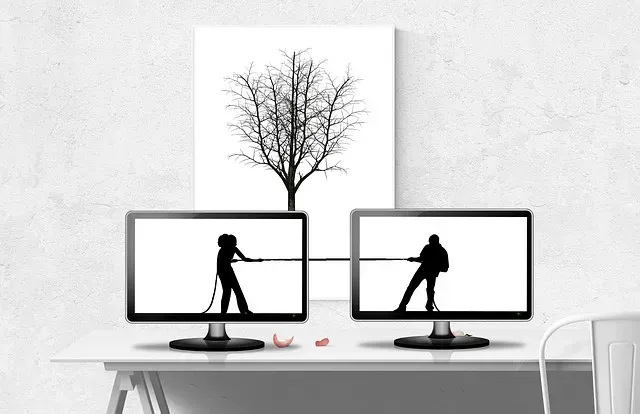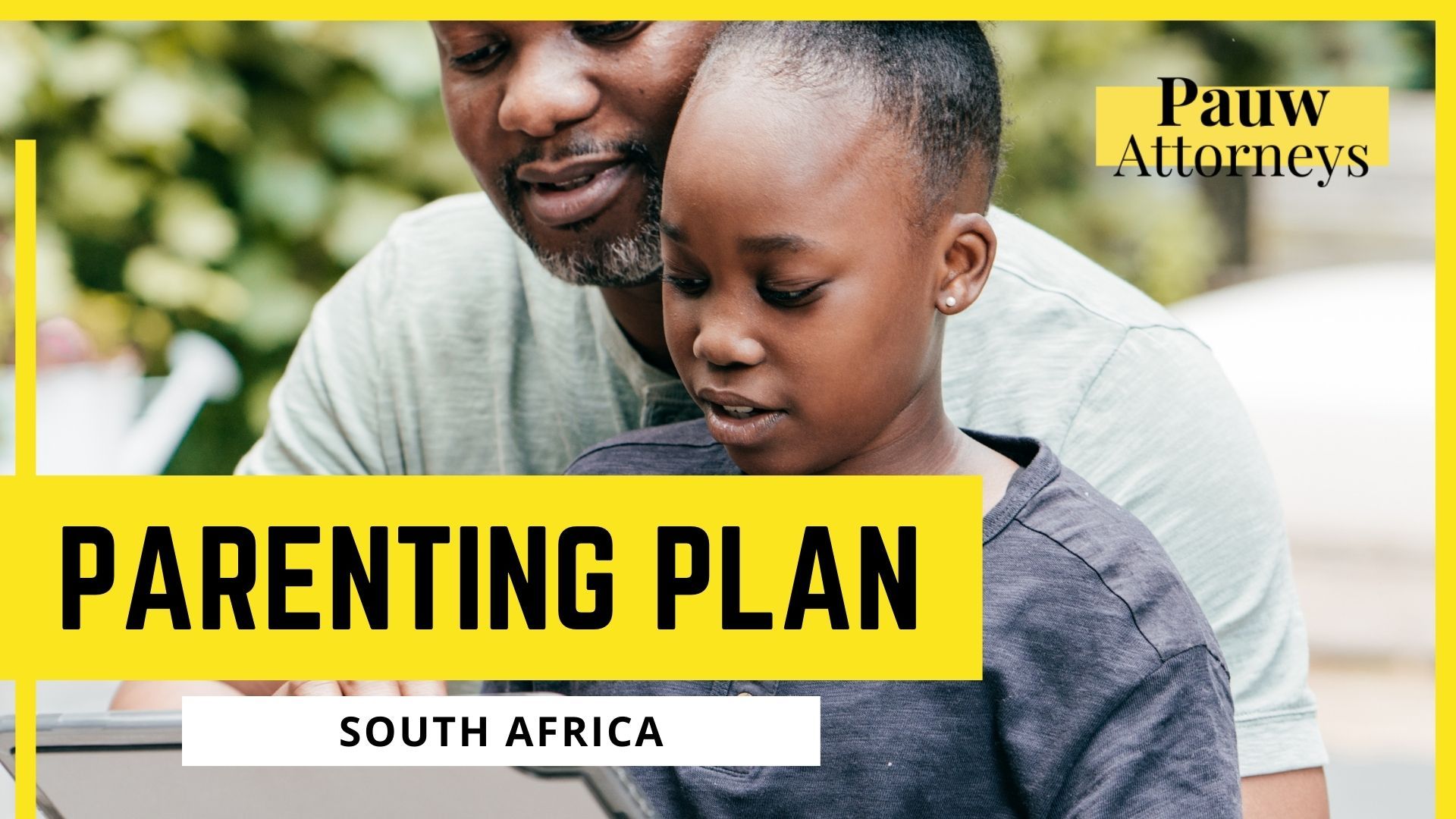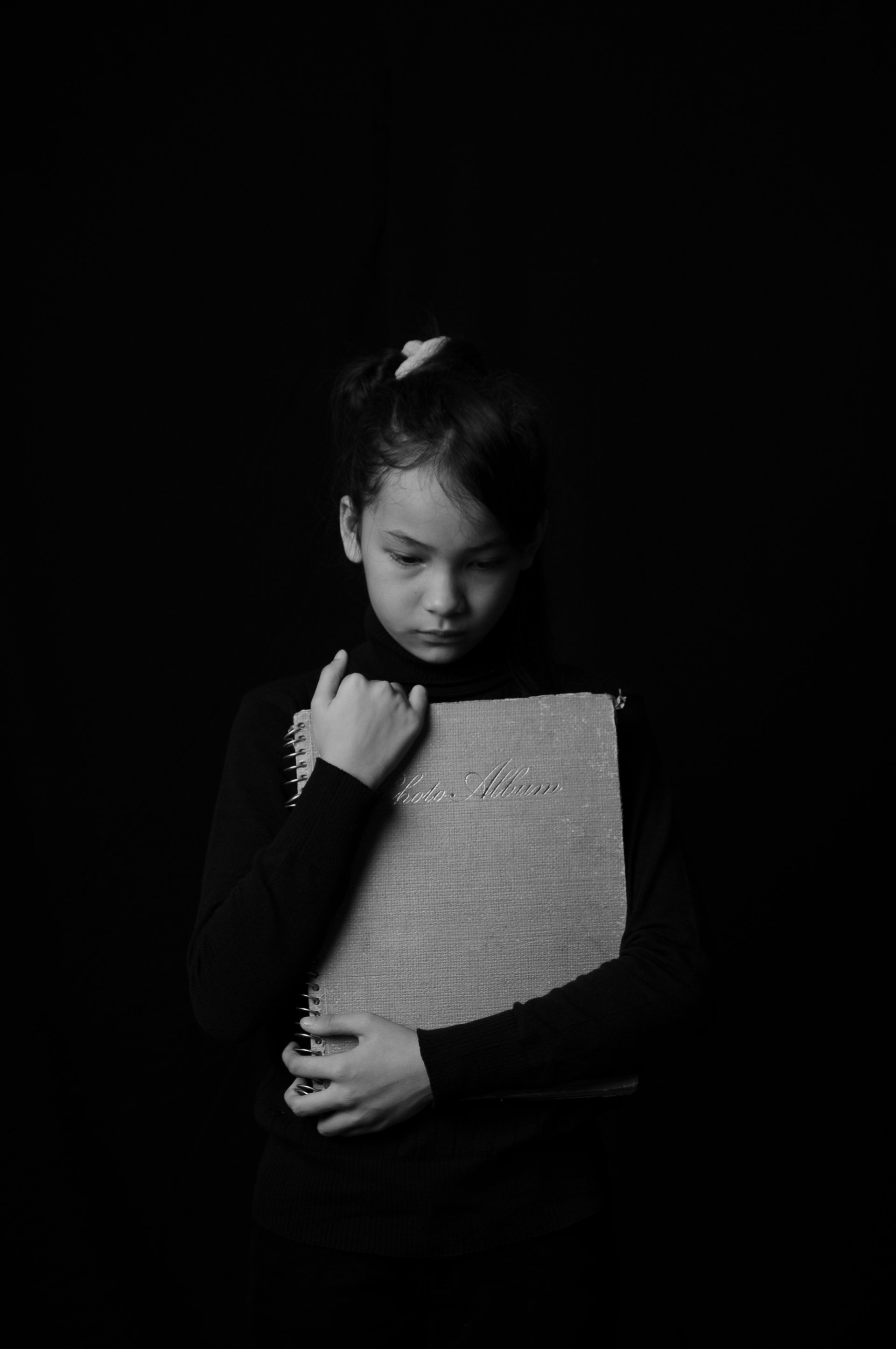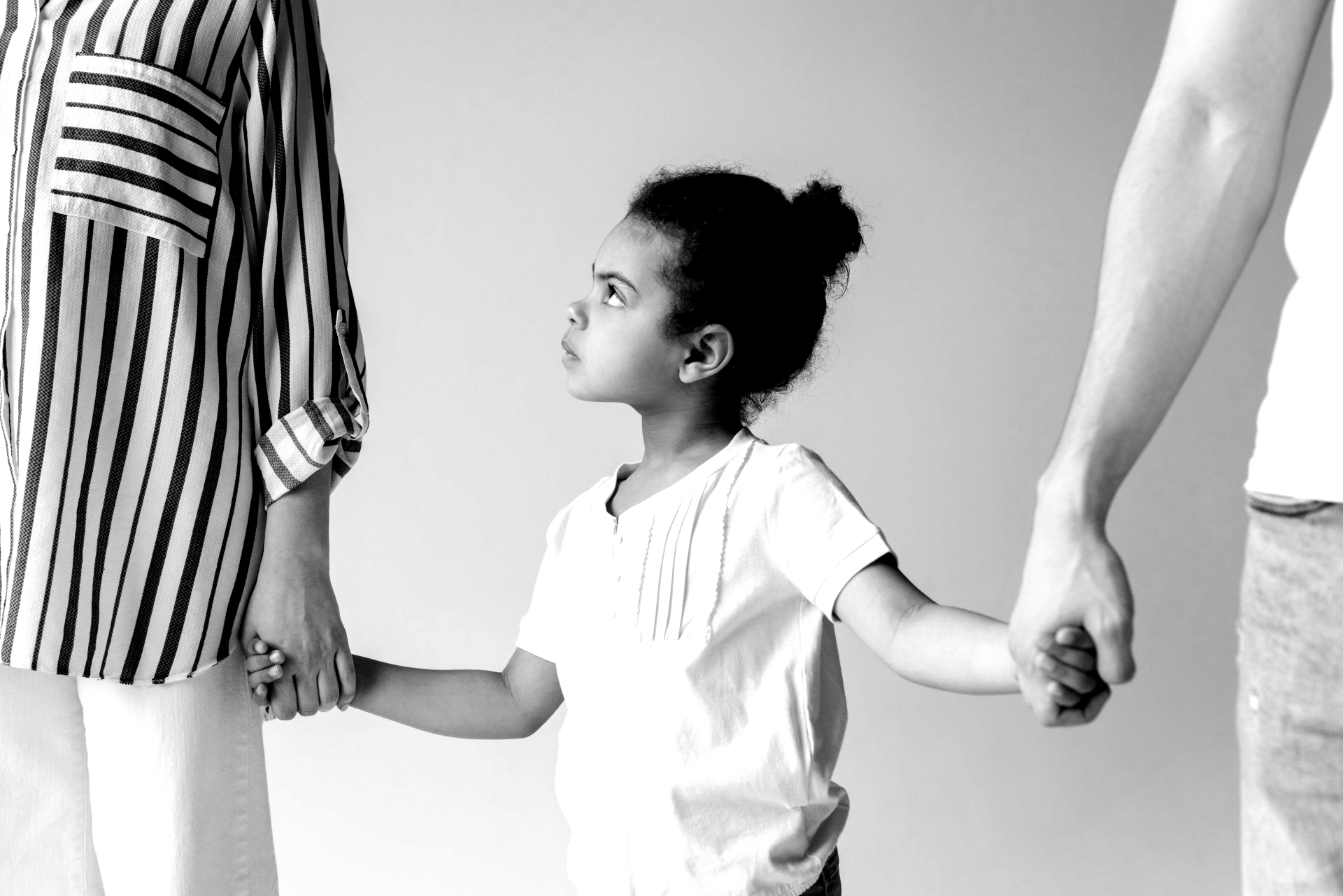A Guide for Conscious Co-Parenting
A Guide for Conscious Co-Parenting
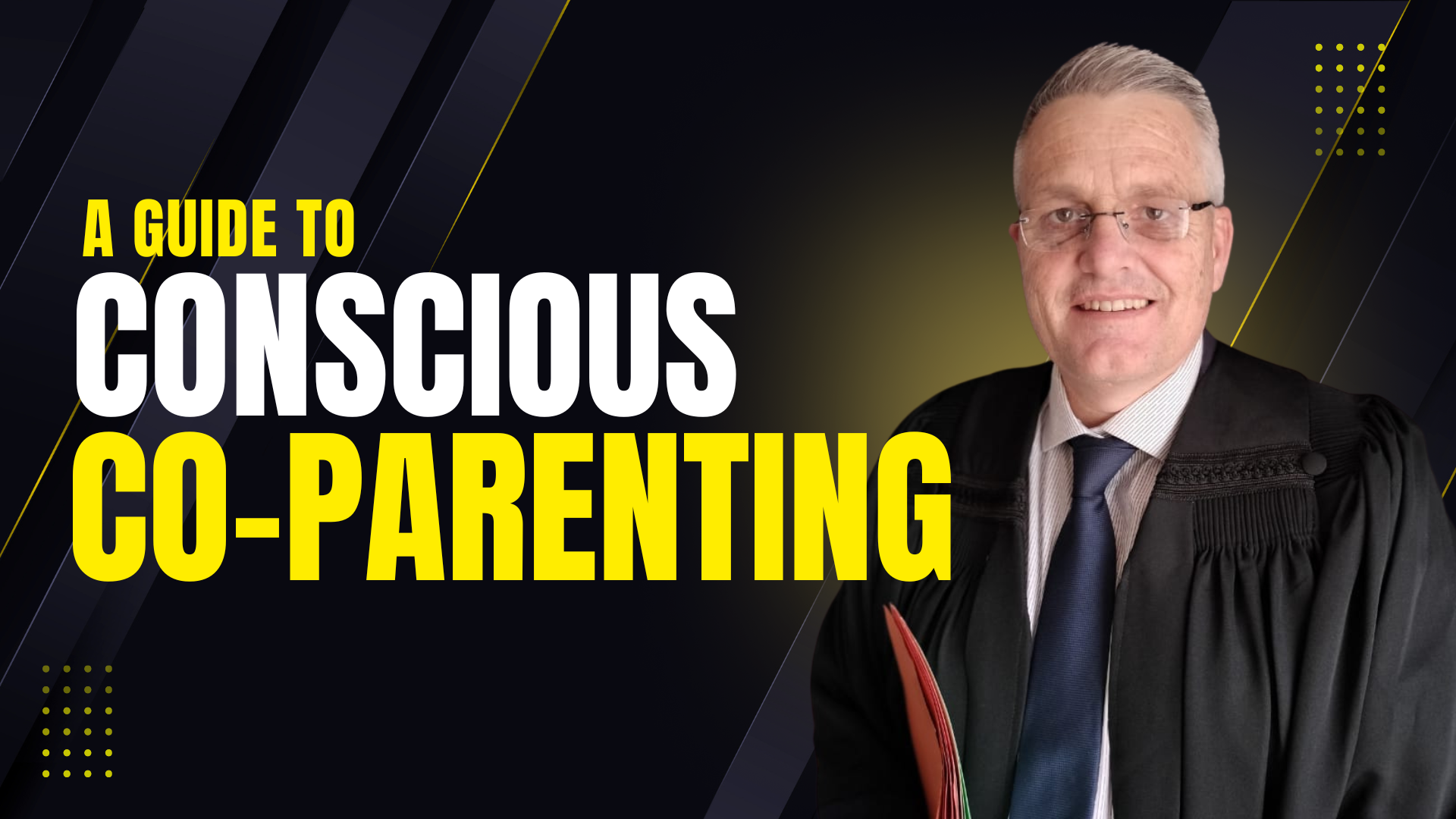
A divorce is a tumultuous time for any family, but when children are involved, the stakes are infinitely higher. It's a period fraught with questions, anxieties, and the heart-wrenching reality that young, innocent lives are being reshaped. In the midst of this, the most crucial thing to remember is this: it's not about winning or losing; it's about what is best for your children.
This guide, rooted in South African law and compassionate parenting principles, will walk you through the legal landscape of "custody," offer insights into creating effective co-parenting strategies, and provide gentle guidance on how to break the news to your children.
The Law: Understanding "Care" and "Contact" in South Africa.
South African law has evolved significantly, moving away from the outdated and often adversarial concepts of "custody" and "access". The Children's Act 38 of 2005 now speaks of "care" and "contact", a deliberate shift in language that underscores a more child-centric approach.
At the heart of any decision made about a child during a divorce is the principle of the "best interests of the child". This is not just a guideline; it is the paramount consideration for our courts.
So, what do "care" and "contact" actually mean?
- Care: This refers to where the child lives primarily and who is responsible for their day-to-day needs. This includes providing a safe and stable home, looking after their health and well-being, and making decisions about their daily routine. Both parents can be co-holders of care, or one parent may be the primary caregiver.
- Contact: This outlines how the parent who the child does not primarily live with will maintain a relationship with them. This is not just about visits; it includes all forms of communication, such as phone calls, video calls, and messages.
It's a common misconception that mothers automatically get "custody". The law in South Africa does not favour one parent over the otother.
based on gender.
Instead, the court will look at a multitude of factors to determine what is in the child's best interests, including:
- The relationship between the child and each parent.
- The capacity of each parent to provide for the child's physical, emotional, and intellectual needs.
- The likely effect on the child of any change in their circumstances.
- The child's age, maturity, and, where appropriate, their own views.
The Blueprint for Co-Parenting: The Parenting Plan
The Children's Act encourages parents to work together to create a Parenting Plan. This is a written agreement that sets out how you will exercise your parental rights and responsibilities after the divorce. A well-thought-out parenting plan is your roadmap to successful co-parenting and can prevent future conflict.
A comprehensive parenting plan should ideally be drafted with the help of a neutral third party, such as a family advocate, social worker, or psychologist. It should be a detailed document that covers:
- Living arrangements: Where the children will live and a detailed schedule of when they will be with each parent, including holidays, birthdays, and special occasions.
- Maintenance: How the financial needs of the children will be met.
- Education: Decisions about schooling and extra-curricular activities.
- Healthcare: How medical decisions will be made.
- Communication: How the parents will communicate with each other and with the children.
- Relocation: What happens if one parent wants to move to a different city or country.
- Dispute resolution: A plan for how you will resolve any disagreements that may arise.
Once agreed upon and registered with the Family Advocate or made an order of the court, a parenting plan is a legally binding document.
Breaking the News: A Compassionate Approach
Telling your children that you are getting a divorce is one of the most difficult conversations you will ever have. There is no perfect script, but there are ways to approach it with empathy and honesty that can help your children feel secure and loved, even in the face of immense change.
Before the Conversation:
- Present a United Front: If possible, have the conversation together as parents. This shows your children that you are still a team when it comes to parenting them.
- Plan What You Will Say: Agree on a simple, consistent message. Avoid blaming each other.
- Choose the Right Time and Place: Find a quiet, comfortable space where you won't be interrupted. Avoid telling them right before bed or school.
During the Conversation:
- Keep it Simple and Age-Appropriate: Younger children need a much simpler explanation than teenagers. For a young child, you might say, "Mommy and Daddy are going to live in different houses, but we will both always be your parents and we both love you very much."
- Reassure, Reassure, Reassure: The most important message to convey is that the divorce is not their fault and that your love for them will never change. Repeat this often.
- Acknowledge Their Feelings: Allow them to be sad, angry, or confused. Validate their emotions by saying things like, "It's okay to be upset. This is a big change."
- Explain What Will Change and What Will Stay the Same: Be as clear as you can about the immediate changes to their routine, but also highlight the things that will remain constant, like their school, friends, and their relationship with both of you.
- Be Prepared for Questions, but Don't Overshare: Answer their questions honestly, but avoid adult details about why the marriage ended.
- Listen More Than You Talk: This is their time to process. Give them the space to do so.
After the Conversation:
- Maintain Routine and Consistency: As much as possible, stick to familiar routines. This provides a sense of stability.
- Be Patient: Every child will react differently. Some may act out, while others may withdraw. Be patient and continue to offer your love and support.
- Never Put Your Children in the Middle: Do not speak negatively about the other parent in front of them or use them as messengers.
- Seek Professional Help if Needed: A child psychologist or therapist can provide invaluable support for your children as they navigate this difficult time.
At the end of the day, while the legal framework provides the structure, it is the compassion, empathy, and unwavering love of both parents that will see a child through a divorce. It's about consciously choosing to put their well-being above all else, ensuring that even though your family structure is changing, their sense of security and being loved remains unshakeable.
There is no script for parents that go through divorce. There is no text book on how to break the news to your children. All you can do is be honest, loving and supportive. When the time comes, do it together, remain calm and let them know that it is not their fault. Be compassionate and caring. Your compassion and love will help them to deal with the changes that they will be facing. - Francois Pauw (Attorney)
Our doors are always open to help parents in need. Feel free to contact us to discuss your situation and let us help you navigate a plan together.
Pauw Attorneys
+27835548776
info@pauwattorneys.co.za
















